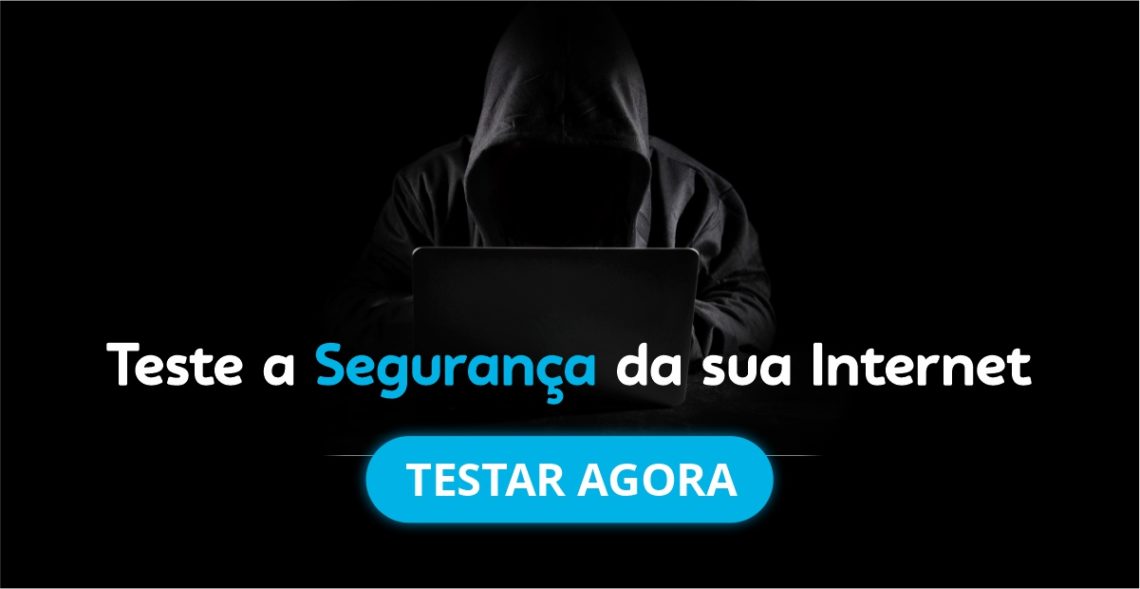In issue 27 of Information Safety Week, Hackers of Good, cybersecurity in the organization, such as avoiding hidden risk in internet ads, Netflix name is used by hackers, tips and recommendations to create strong and secure passwords, blows from legitimate domains and more.
News
Good Hackers Protect University Computational Systems
The Superintendence of Information Technology (STI), in partnership with the Institute of Mathematics and Statistics (IME), has created the Hackers do Bem program, an unprecedented USP initiative that aims to identify vulnerabilities and recommend corrections in the university's computer system.
By Adriana Cruz in USP Journal
Is it possible for a cell phone to be spied on without any app?
In general, a mobile phone can only be spied in two ways: with network monitoring or with changes in the operation of the device.
By Altieres Rohr in G1
Is cybersecurity a taboo in your organization? Bring the theme to the table
Organizations need to bring the theme to high leadership as a business requirement.
By João Rocha in Computerworld
The path of cybersecurity goes through the cloud
With increasingly distributed organizations, keeping devices everywhere or using different products for remote workers creates numerous safety breaches, and cost a lot and overload IT features.
By Felipe Canale and M Digital Convergence
Learn how to avoid the risks hidden in internet ads
Who has never been stuffed with the 'coincidence' of ads that appear after researching a product on the internet? According to systems analyst and information security expert Bruno Guerra, this is one of the most common strategies that applications and social networks use to generate monetization daily.
By Juliana Melo and Raquel Almeida in Infonet
New blow, old trick: Netflix name is used by hackers
Email message that warns of 'late payment' of the streaming platform has been used to lead users to provide their payment data.
By Renato Mota in Digital Look
Recommendations and tips for creating strong and secure passwords
With simple actions it is possible to increase the safety of your accounts and ensure that they are not easily discovered by hackers that can misuse this information.
By Cledison Eduardo Fritzen on Lumiun Blog
Blows to steal credentials from legitimate domains
Briefly the blow is based on the use of lodging services to evade automatic detections and the use of legitimate brands to increase the appearance of campaign legitimacy, which aims to obtain corporate credentials and Office 365.
By Arjun Sambamoorthy in Armorblox
Scams through cloned Instagram accounts
Why could anyone steal and clone an Instagram account? Learn how to avoid being a victim of this type of scam.
By Jake Moore in Welivesecurity
Researchers warn of inactive domains that lead to malicious pages
In the digital world, by registering a domain, you are paying for a “virtual terrain” where you can build your site the way you want. If you stop playing, however, it becomes inactive and inaccessible.
By Ramon de Souza in Canaltech
Tool Tips
Test the security of your internet
Do you know if your staff, students or family are protected against phishing , malware , pornography racism or terrorist content ?

In the test will be made requests for access to various sites that are within the categories considered insecure, from your internet connection, such as:
- Phishing and online fraud
- Malware and Spyware
- Access Anonymitors
- Drugs and alcoholic beverages
- Games and bets
- Pornography and Nudity
- Violence, terrorism and racism
Material

Courses
Open Courses - ITS - Institute of Technology and Society of Rio
- Free
- Online
Are you not yet registered on our newsletter to receive this content weekly in the email? Then subscribe through the link below:
https://conteudo.lumiun.com/semana-da-eguranca-na-internet
Share the link with your colleagues and friends.










